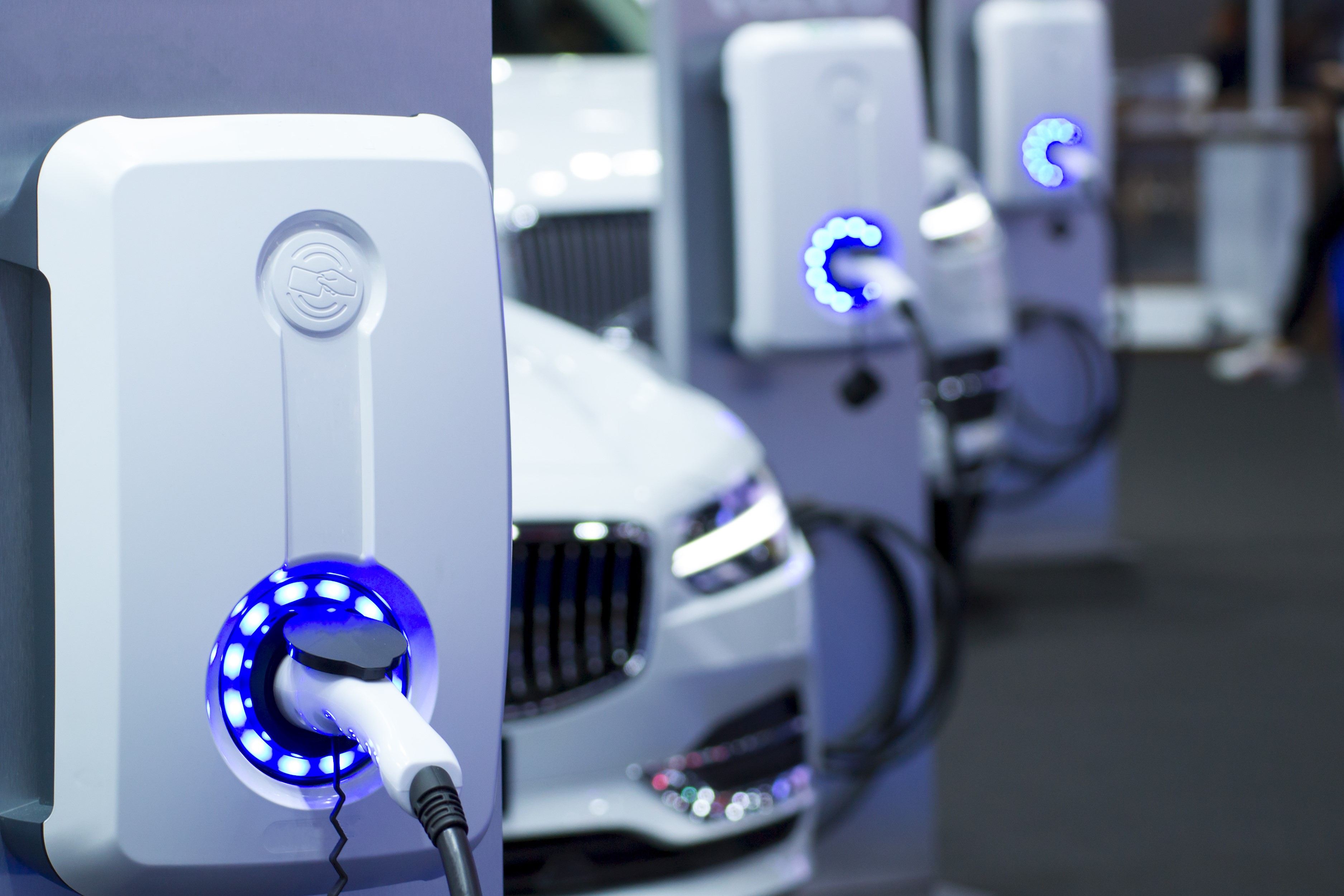Advertisement feature from Geotab
The introduction of clean air zones (CAZs) across cities and towns in the UK will drive up electric vehicle adoption, but fleets need to tackle the challenges around infrastructure and data management as they look to transition away from internal combustion engines (ICEs).
The Government has set the target of 2040 for zero emissions on all new car sales so fleets are already in various stages of replacing vehicles with EVs.
London was the first major UK city to act with the introduction of its ultra-low emission zone (ULEZ) in April 2019.
The zone’s standards prohibit any vehicle with a petrol euro 4 or diesel euro 6 engine from entering the zone. Failure to comply results in a charge of £12.50 (up to 3.5 tonnes), and £100 for larger vehicles, such as lorries, coaches and buses (over 3.5 tonnes).
Other cities have already committed to introducing their own schemes. Therefore, switching to EVs is likely to become more of a requirement than a choice.
 Birmingham, Leeds and Southampton are also areas that have been mandated by the Government to introduce a CAZ.
Birmingham, Leeds and Southampton are also areas that have been mandated by the Government to introduce a CAZ.
A further 23 local authorities have been named as areas where air pollution levels are expected to reach illegal levels by 2021. They must all carry out a feasibility study to determine whether or not a CAZ is required.
Fleets will continue operating inside these CAZs wherever they are introduced, but will need zero emissions vehicles to do so without facing additional daily charges.
Edward Kulperger, Vice President of Europe at global telematics company Geotab, said: “Fleets are faced with the upfront costs of the vehicles themselves and then (lack of) range anxiety from a driver operations perspective.
“However, the UK is relatively well positioned in the global landscape for businesses to make the transition to EVs. There are subsidies between £3,500 and £8,000 available to help with the cost of the vehicles and prices are reducing.”
Kulperger said one of the biggest challenges facing fleets is addressing areas like range anxiety and total cost of ownership (TCO).
Fleets need to gain insight into whether electric-hybrid or battery-electric offer a favourable return on investment compared with ICE vehicles.
He said: “Having the right data available can help put a strategy in place for businesses on how they want to transition to EVs.”
How telematics can help
Geotab’s Electric Vehicle Suitability Assessment (EVSA) helps address fleet operators’ concerns by leveraging vehicle telematics data to understand fleet characteristics. It can then make EV recommendations based on the current state of the UK marketplace.
The EVSA reviews a company’s range capabilities, including how many miles are carried out daily and the potential options for charging, whether that’s public, depot or charge-at-home options.
The assessment also looks at a detailed cost analysis to understand whether switching to EVs will actually save the company money and, if so, how much.
Fleets will have their own targets for reducing CO2 emissions and the EVSA will also determine the environmental impact for the business.
Kulperger said: “The EVSA is an intelligent, evidence-based assessment to determine which vehicles are the best candidates to go electric. We believe it will allow fleet operators to make a seamless transition to the new era of mobility.”
Geotab at Fleet Live 2019
Geotab is the headline sponsor at Fleet Live this year and its staff will be on hand to provide expertise on EV strategy to more than 2,000 visitors at the two-day event.
The show is the biggest of its kind for the UK company car, van and truck industry and will be held on October 8-9 at the NEC in Birmingham.
Kulperger said one of Geotab’s core values is to provide thought leadership and innovation to the industry. Supporting Fleet Live is part of that.
Kulperger said: “We’re working with academia and the biggest fleets in the world to support adoption of EVs with research and data.
“One of our core values at Geotab is to innovate and continuously seek ways to improve. We are committed to advancing technology, empowering businesses and making the roads safer for everyone.”
Visitors to the show will have the opportunity to meet with members of Geotab’s team on stand F22 and speak with them about the latest developments at the company, including its EV solutions and software platform-as-a-service.
Kulperger added: “Wherever your business is on its electrification journey, Fleet Live 2019 is a great time to meet our team of experts and learn about the role of telematics in your transition to EVs.”
www.geotab.co.uk • +44 800 088 5482
Geotab can help fleets plan to avoid paying clean air
zone charges
Edward Kulperger, Vice President of Europe, Geotab
Air quality within our cities is an increasing concern among our population, and a top priority for local and national government.
In April this year, London replaced the toxicity charge (T-charge) with an ultra-low emission zone (ULEZ), operating 24 hours-a-day.
Entering the zone costs most vehicle types £12.50 and £100 for heavier vehicles such as buses and coaches.
The introduction of ULEZ has resulted in fleets operating within the zone to reconsider the composition of their fleet. They must transition vehicles to newer, complaint models such as EVs, or incur a daily charge.
London is the pioneer in reducing the level of air pollution through a ULEZ zone, and other cities have already either introduced or confirmed plans
for a low-emission zone.
Glasgow’s low-emission zone
is already in operation, while Leeds and York will establish their own for 2020. Other councils are likely to follow suit. Therefore, fleets must plan – and mitigate where possible – to avoid extra charges.
Ultimately, the initiatives to clean up our cities are not going away anytime soon. Government regulation is likely to drive this change, and fleets will have no choice but to follow suit. The success of any fleet manager is measurable by their ability to evaluate which low-emission vehicles are best-suited to meet fleet vehicles’ daily requirements.













Login to comment
Comments
No comments have been made yet.